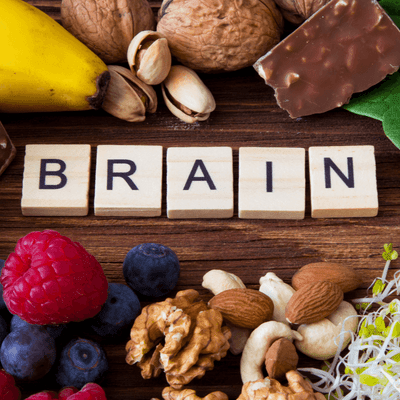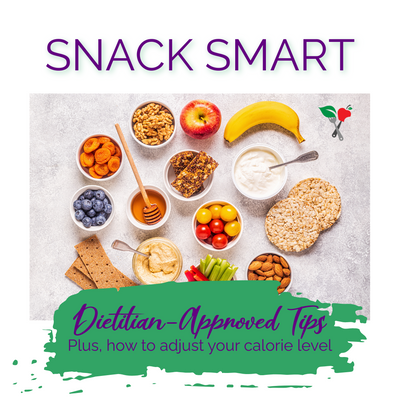A Healthy Diet Plan and Exercise Reduce Alzheimer's
What if there was a pill we could all take to significantly reduce our risk of developing Alzheimer’s disease? Well, unfortunately there isn’t a simple pill, but we are learning more about how our daily diets affects every chronic condition and today we learn more about how diet affects Alzheimer’s.
Lifestyle Affects Brain Aging
A recent study attributed lifestyle to 76 percent of changes in the aging of the brain, with key lifestyle changes having the potential to reduce the risk of developing dementia by as much as 36 percent. That number is pretty significant to ignore! And one of the biggest lifestyle factors cited is diet, and prevention of diabetes to further prevent Alzheimer’s. More specifically, the DASH diet, as well as the Mediterranean diet has been shown to reduce this risk. These diets incorporate the basics of healthy eating which include:
- Eating primarily plant-based foods, such as fruits and vegetables, whole grains, legumes and nuts
- Replacing butter with healthy fats, such as olive oil
- Using herbs and spices instead of salt to flavor foods
- Limiting red meat to no more than a few times a month
- Eating fish and poultry at least twice a week
- Drinking red wine in moderation (optional)
Dementia and Heart Disease's Similar Risk Factors
On the contrary, growing evidence suggests that many factors that increase the risk of heart disease also may increase the risk of dementia. These factors include smoking, obesity, diabetes, high cholesterol and high blood pressure. Many of these factors can also be prevented through a healthy diet and lifestyle.
And while these recommendations may be difficult to initiate on one’s own, there are programs and products that provide convenient, healthy eating which follow these guidelines. For instance, Seattle Sutton’s Healthy Eating delivers freshly prepared, well-balanced meals that are void of unhealthy fats and harmful ingredients.
But It's Not Just Your Diet!
Physical exercise is also a key factor to reduce the risk of developing Alzheimer’s disease. Activity such as aerobic, resistance or balance activity was found to be the most effective way to ward off cognitive decline in healthy older people. Studies suggest exercising three to five times per week for 30 to 60 minutes as most beneficial.
Our brain is one very important organ. You only have one to last a lifetime, so you better take good care of it! It needs to be fed well and nourished just like the rest of our bodies. And proper nutrition is the key to keeping the brain healthy as we age, so keep that in mind this holiday season and all year ‘round! As research suggests, it also needs physical activity in order to work properly now and long into the future.








 Weight Loss
Weight Loss Health & Wellness
Health & Wellness Diabetes
Diabetes Heart Health
Heart Health Motherhood & Family
Motherhood & Family Dietary Restriction
Dietary Restriction Other Health Conditions
Other Health Conditions About SSHE
About SSHE


